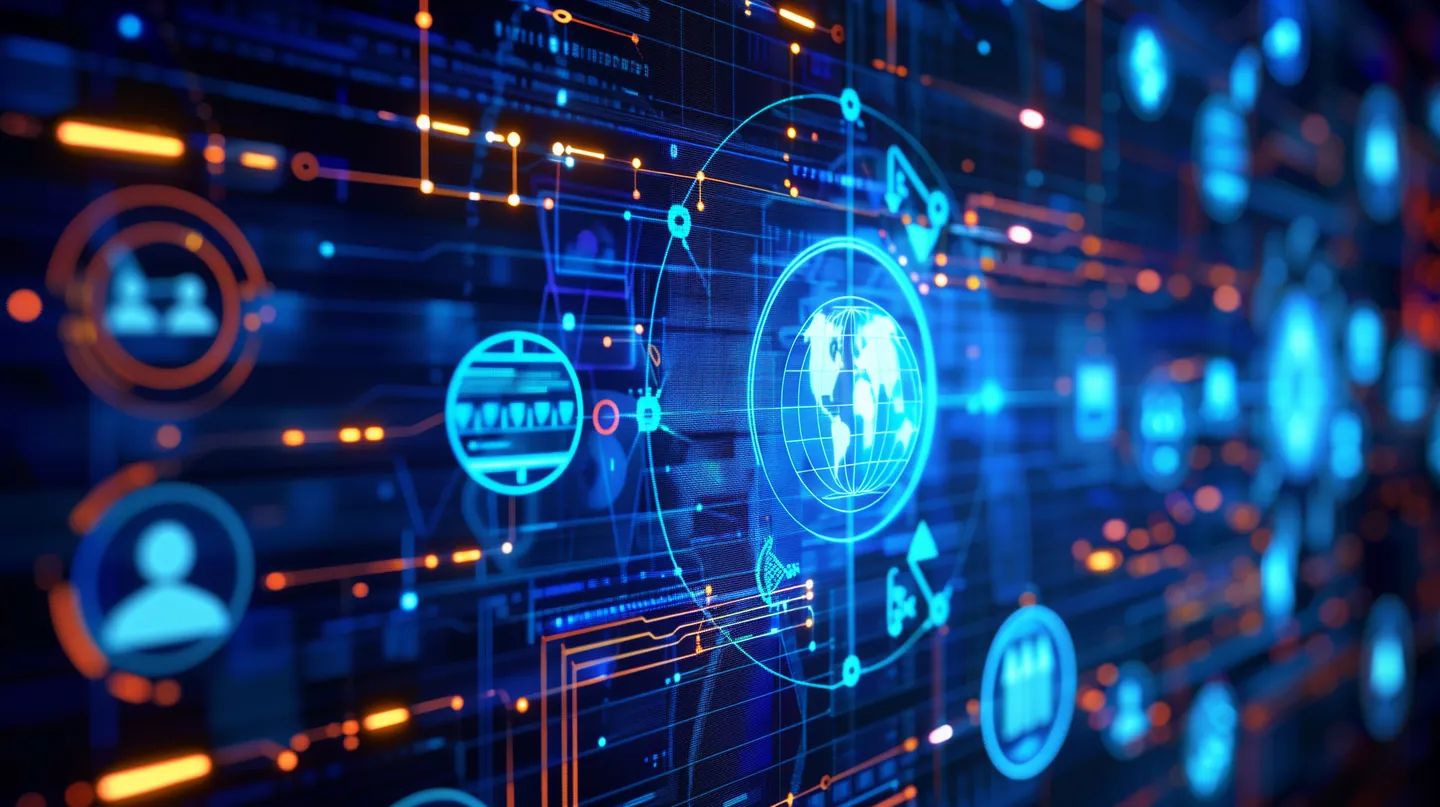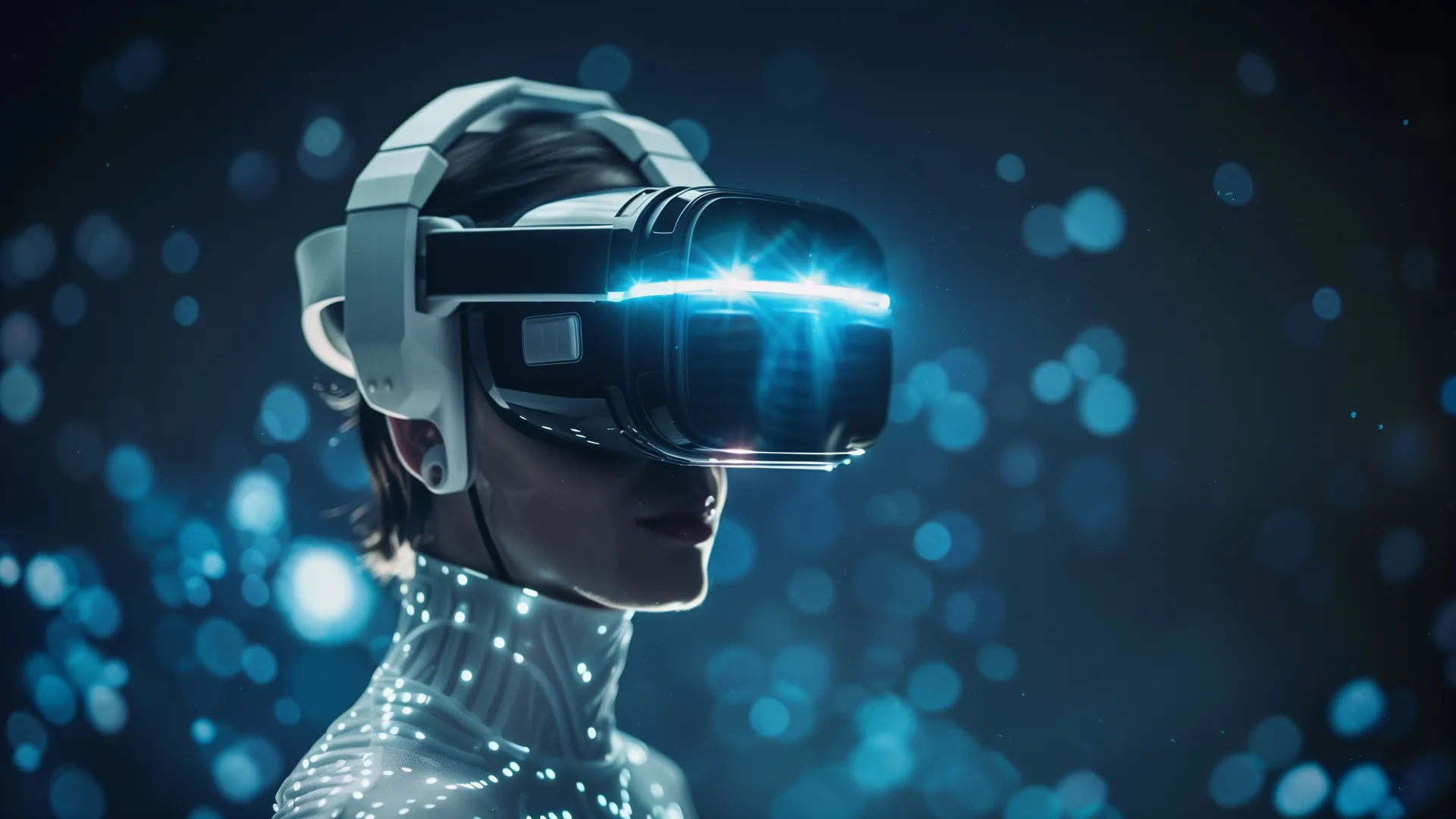In our current digital age, technology and social media have become fundamental to the everyday lives of most individuals, presenting distinctive opportunities for communication, learning, and entertainment. However, their effects on mental health can be mixed.
Positive Effects of Technology on Mental Health

Today, technology is pivotal in every aspect of life, including our mental health. Despite the potential negative effects, it's important to highlight the positive influences:
- Improved Access to Information and Resources: The rise of the internet has granted people limitless access to information that helps in understanding and managing their mental health. Resources such as online medical guides, educational websites, and support communities are now globally available. This access is vital for those in isolated or economically disadvantaged areas, where professional mental health services may be scarce.
- Mental Health Tracking Apps: A variety of mobile apps enable users to monitor their mental condition, stress levels, and sleep patterns. Applications like Mood Tracker and Headspace provide features for recording moods, meditating, and performing relaxation exercises. These tools aid in enhancing self-awareness and self-management, offering essential insights for discussions with healthcare providers.
- Remote Therapy and Consultations: Advances in technology have broadened the scope of telemedicine to include mental health therapies. Online consultations with mental health professionals through video conferencing are now available, providing crucial support for those unable to visit clinicians in person. This service has become increasingly important during times of widespread health crises such as the pandemic.
Negative Effects of Technology on Mental Health

While technology has undoubtedly made various processes simpler and opened up new avenues for connectivity and fun, it also poses significant challenges to mental health:
- Dependency on Internet and Devices: One of the most significant adverse effects of technology is its potential to foster addiction. Heavy engagement with social media, gaming, and constant media streaming can cultivate a dependency that disrupts daily routines, educational achievements, and work
- Growth in Anxiety and Depression: The platforms of social media can exacerbate feelings of anxiety and depression. Continuous comparison to the polished lives portrayed online can undermine self-esteem and spark emotional distress. Additionally, constant exposure to negative news can increase stress and anxiety levels.
- Cyberbullying and Communication Problems: Although technology has simplified communication methods, it has also amplified the risk of cyberbullying. Young individuals, particularly children and teenagers, are highly susceptible to online harassment that can have enduring effects on their mental health, including the potential development of post-traumatic stress disorder.
Digital Detox

In this digital-dominated age, the necessity of a digital detox becomes ever more crucial. We find ourselves immersed in an unending stream of information, engaged in continuous social networking, and in perpetual digital interaction, all of which can lead to increased fatigue, heightened stress, and reduced mental wellness. Implementing a digital detox can offer a crucial reprieve, allowing for the rejuvenation of mental health.
Essentials of Digital Detox
Engaging in a digital detox involves temporarily stepping back from all digital devices, such as smartphones, computers, and TVs. This practice aims to reduce stress, enhance life quality, and reevaluate our engagement with technology, striving for a healthier balance between digital and physical worlds.
Benefits of Digital Detox
The advantages of digital detox are comprehensive, influencing various aspects of our wellbeing:
- Deep Relaxation: Cutting ties with constant digital noise allows for more profound and restorative relaxation.
- Sharper Focus: Interruption-free periods enhance one's ability to focus on immediate tasks.
- Improved Relationships: Less time online translates to more quality time with loved ones, fostering stronger, more meaningful connections.
- Increased Self-awareness: Taking a break from digital devices helps individuals understand the impact of technology on their lives and how to manage this influence effectively.
- Physical Health Improvements: Reducing screen time benefits not just the eyes but also improves posture and overall physical health.
How to Conduct an Effective Digital Detox
- Choose an Appropriate Time: Plan a detox during weekends or vacations to minimize impact on work and studies.
- Inform Others: Let family, friends, and colleagues know about your intention to spend time away from digital devices so they won’t disturb you unnecessarily.
- Plan Substitute Activities: Think in advance about what you can do without gadgets—reading, sports, outdoor walks, or hobbies.
- Physically Remove Devices: To avoid temptation, keep devices out of reach or turned off.
Conclusion

While digital detox is not a cure-all, it is a powerful tool for regaining control over our time and enhancing life quality in today’s information society. Regular detox sessions help maintain mental health and life harmony, enabling us to be happier and more productive.










